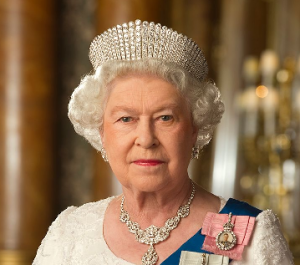
For many, Queen Elizabeth was a remote figure, far removed from their reality or lived experience. Her life of privilege and wealth, and association with systems and structures that sustain systemic inequalities, made her at best, hard to relate to, and at worst, representative of a way of living that is no longer acceptable, particularly in terms of attitudes towards women.
For my part, I feel respect for the woman who carried out her role with evident commitment; a woman who juggled the demands of a challenging working life, motherhood and family crises. A woman who demonstrated that she could do anything a man would have, in the same position, if not more. And who as such, cast in the media spotlight as she continuously was, set a great example for many generations of women.
I would not want to see public outrage and despair at the cost-of-living crisis masked by an assumption of group despair or mass concern at her passing, and I don’t condone faux grief, but for many there is a feeling of sadness and a sense of loss, and I feel compassion for her family and friends, as I would for anyone who feels grief at the passing of a loved one.
We have lost a figurehead who was present throughout my life, and the lives of many still living, during times of crisis and celebration, representing stability and continuity. And although I feel unsettled by more change during what are already turbulent times, I know new opportunities lie ahead.
Guest blog from BWV trustee Sophie Shirt.

